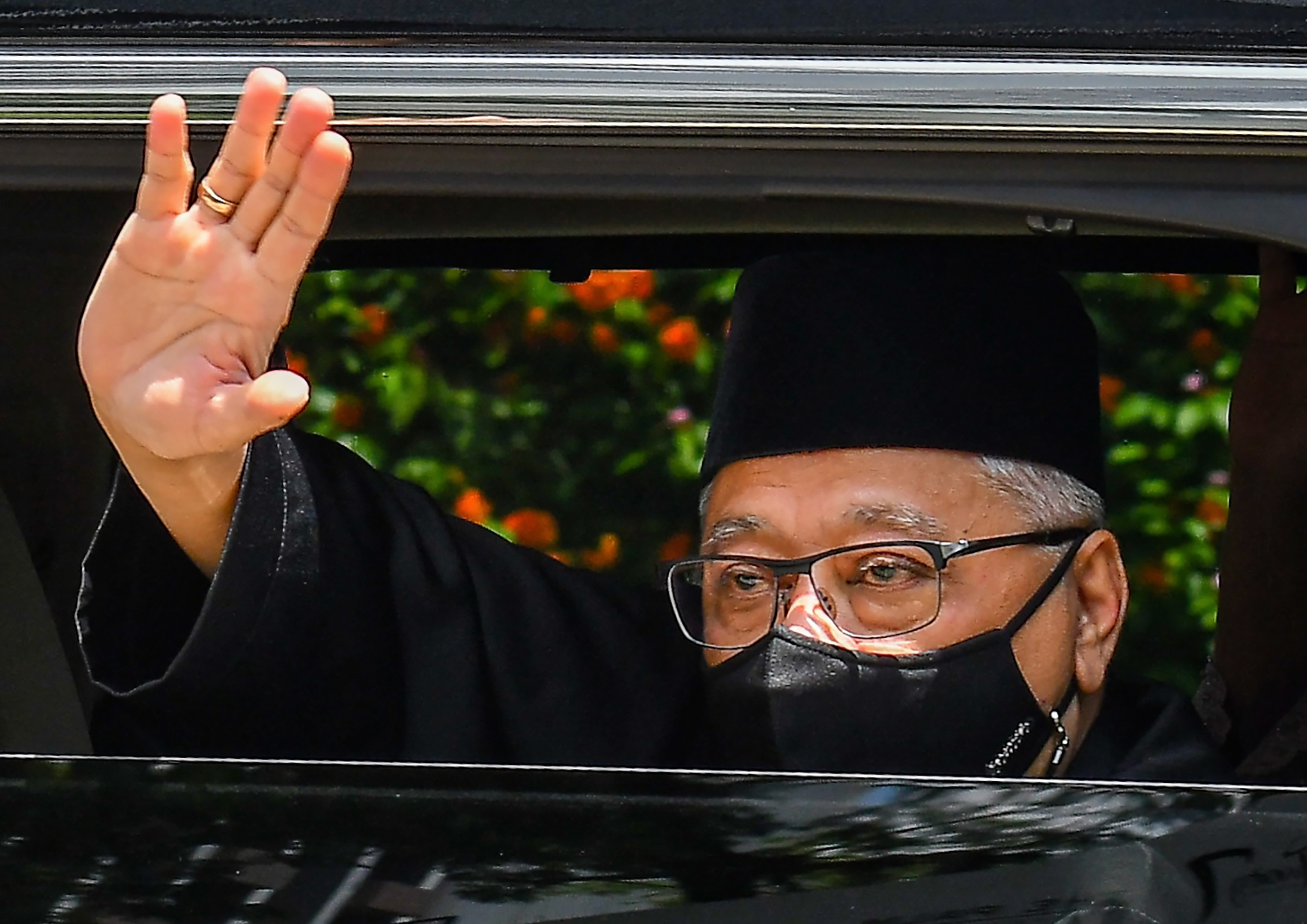Kuala Lumpur, Malaysia — Malaysia’s new government signed an agreement to cooperate with the opposition Monday in exchange for a promise of reforms, a bid to bring stability after intense political turbulence.
The new administration’s arrival has lowered the political temperature — at least in the short term — and fuelled hopes that officials will be able to focus on fighting a serious coronavirus outbreak.
Ismail Sabri and representatives of the opposition, led by Anwar Ibrahim, signed the agreement in parliament, as the legislature convened Monday for the first time since the new premier took power.
The premier said in a statement that his administration and the Pact of Hope opposition alliance had made “national history” with the deal.
It covers areas including fighting Covid-19, parliamentary reform, ensuring judicial independence, among other things, and is aimed at helping to “put aside political differences”, the statement said.
There were few immediate further details.
Ismail Sabri had previously proposed reforms including a law to block political defections, and limiting the premier’s term to 10 years, although it was not clear if these would be included.
The premier has only a slim majority in parliament, and the deal will help to shore up his support.
In his opening address to parliament, the king, Sultan Abdullah Sultan Ahmad Shah, said he “appreciated the efforts towards realising a new bipartisan approach involving all sides, that will build a new political landscape”.
But James Chin, a Malaysia expert from Tasmania University, cautioned that the opposition could be constrained in truly challenging the government after signing the deal.
He also said it would lead to a temporary lull in political tensions due to Covid-19, rather than a “permanent peace”.
The previous government collapsed in August when Muhyiddin Yassin resigned as prime minister following a turbulent 17 months after losing his majority in parliament.
Malaysia has been beset by political turmoil since a scandal-plagued coalition that had ruled the country for six decades was ejected from power at the polls in 2018.

